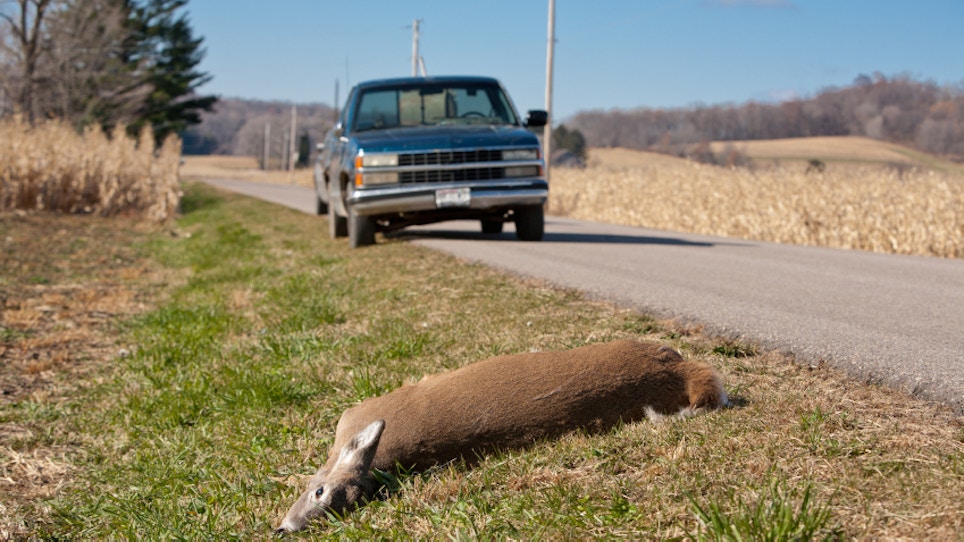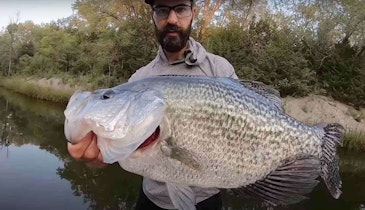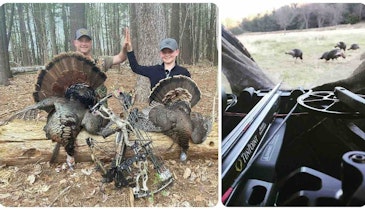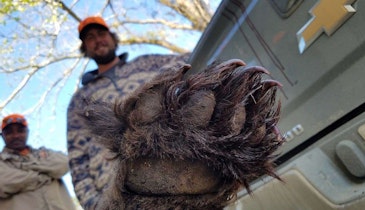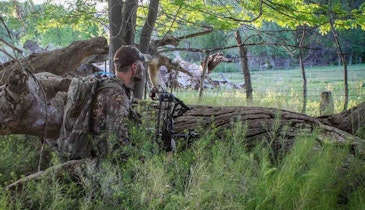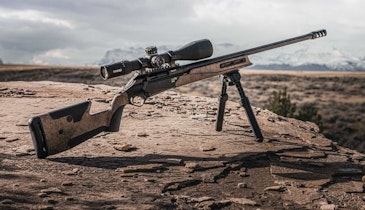BOZEMAN, Mont. (AP) — Many Montana residents have been taking advantage of a new law that allows them to take road-killed wildlife.
At the end of September, Montana, Fish, Wildlife and Parks had issued 1,747 roadkill salvage permits over the last two years to people all over the state who found an edible deer, moose, elk or antelope.
State Rep. Steve Lavin, R-Kalispell, sponsored the law that legalized picking up roadkill in 2013.
“I think it's worked really well. I hear a lot of good feedback on it actually,'' Lavin told the Bozeman Daily Chronicle.
Before the new law took effect in 2013, if someone had picked up a dead animal they could face criminal charges for illegal possession of a game animal.
Now, if someone comes upon a deer, elk, moose or antelope that they think they can get some meat out of, they can apply for a permit within 24 hours and then take it home.
After the law went into effect Oct. 1, 2013, 187 permits were issued in the first two months. In 2014, there were 1,076 permits given out. So far this year, people have gotten 484 permits.
Flathead County leads the way, with 252 salvage permits issued for animals hit or found there.
Across the state, white-tailed deer are the most commonly picked up species, accounting for 1,058 of the permits handed out since 2013. Mule deer came in second (307) and elk in third (299). People also picked up 68 moose and 15 antelope.
Quentin Kujula of FWP's wildlife division said there are a variety of factors that could determine why certain species are harvested more often than others, including how abundant the species is and their behaviors around roads. For example, he said antelope are more likely to turn away from a fence than a deer, which might just jump right over it.
Ron Jendro, FWP's assistant chief of enforcement, said another reason that so few antelope were taken is their size. People who decide to pick up roadkill have to think about what meat is left on the animal and how much of it they can use. Because antelope are smaller, he said, there might be less use for them than an elk or moose that gets hit.
“There's usually more meat that's salvageable,'' Jendro said.
___
Information from: Bozeman Daily Chronicle, http://www.bozemandailychronicle.com
